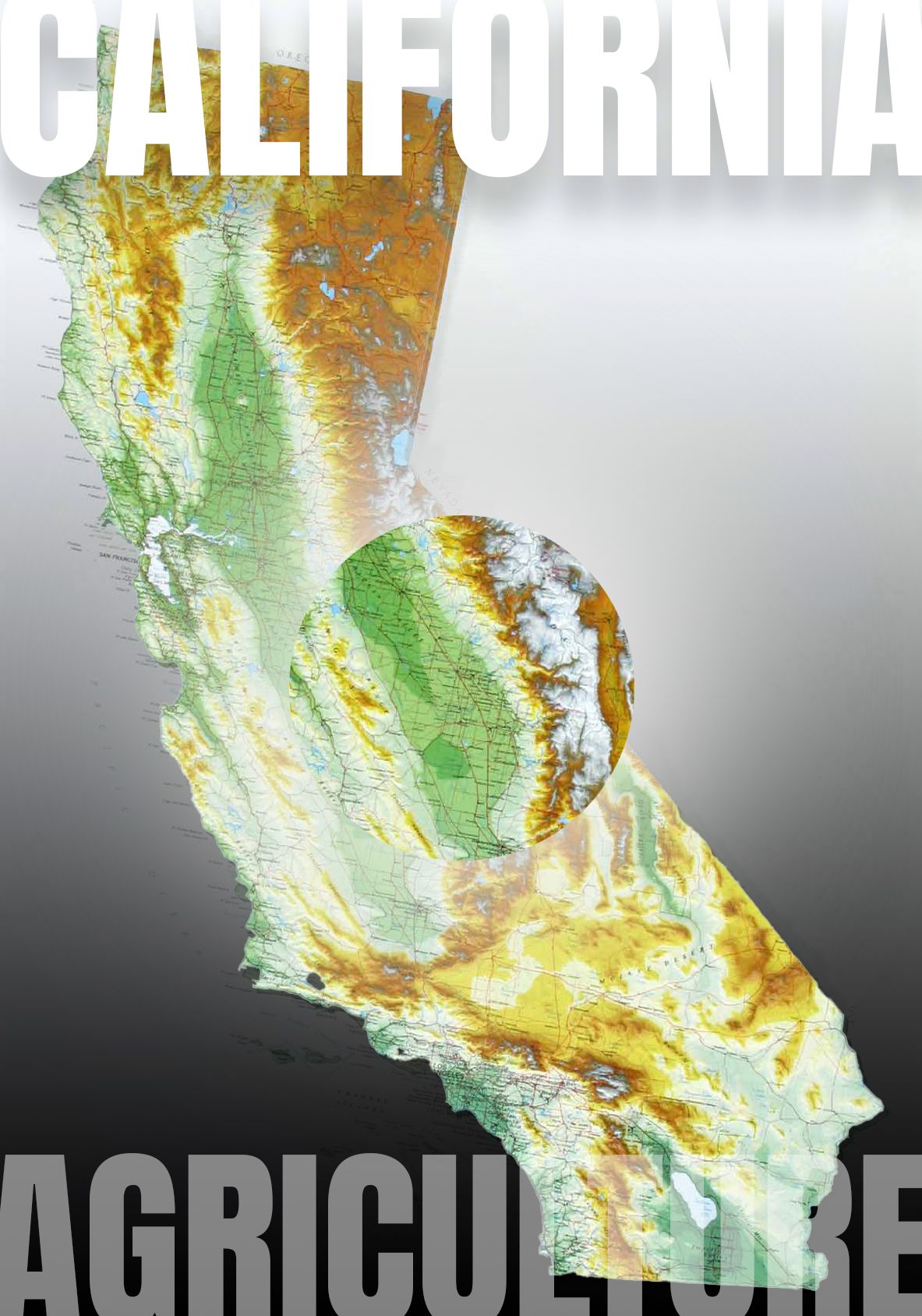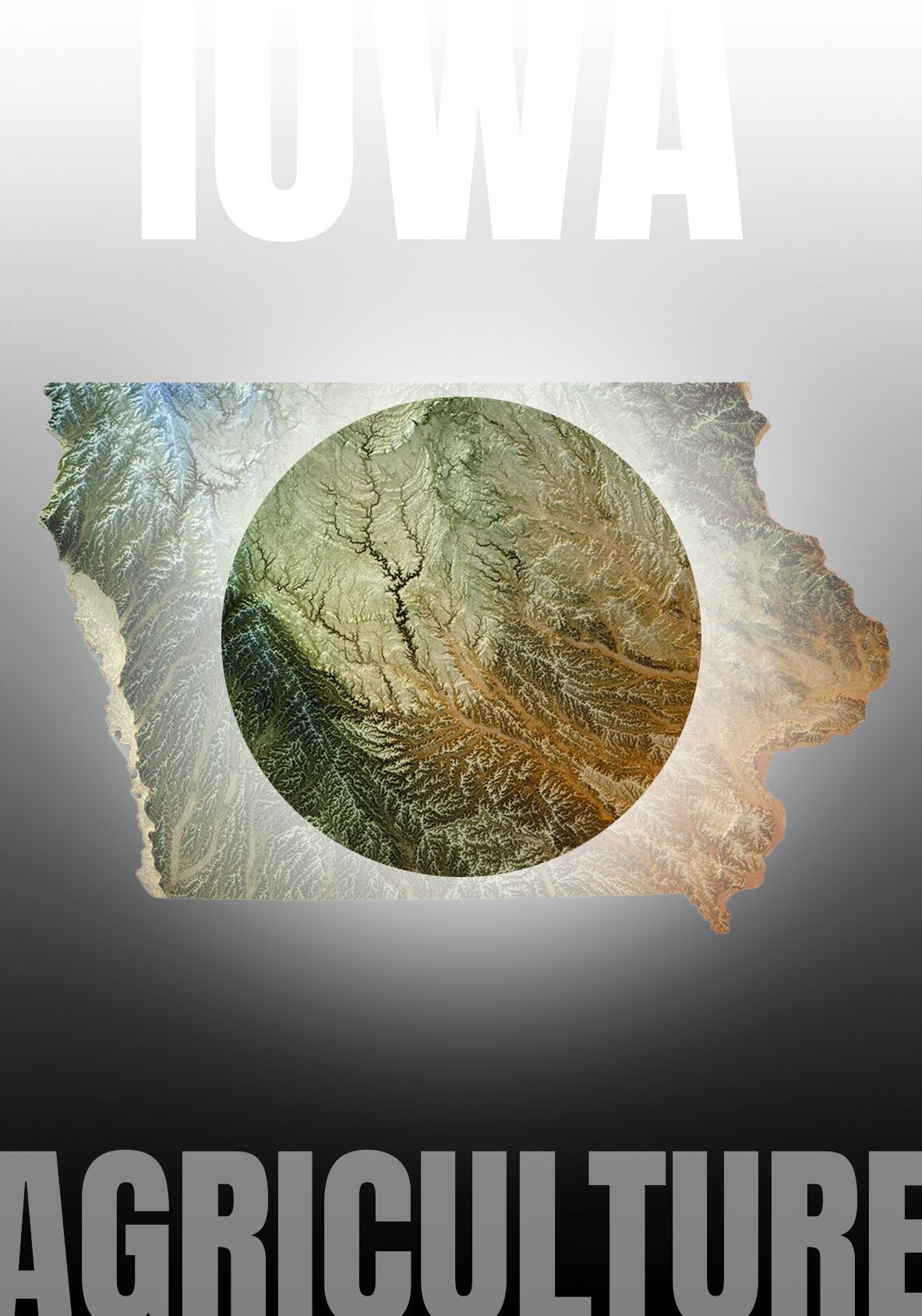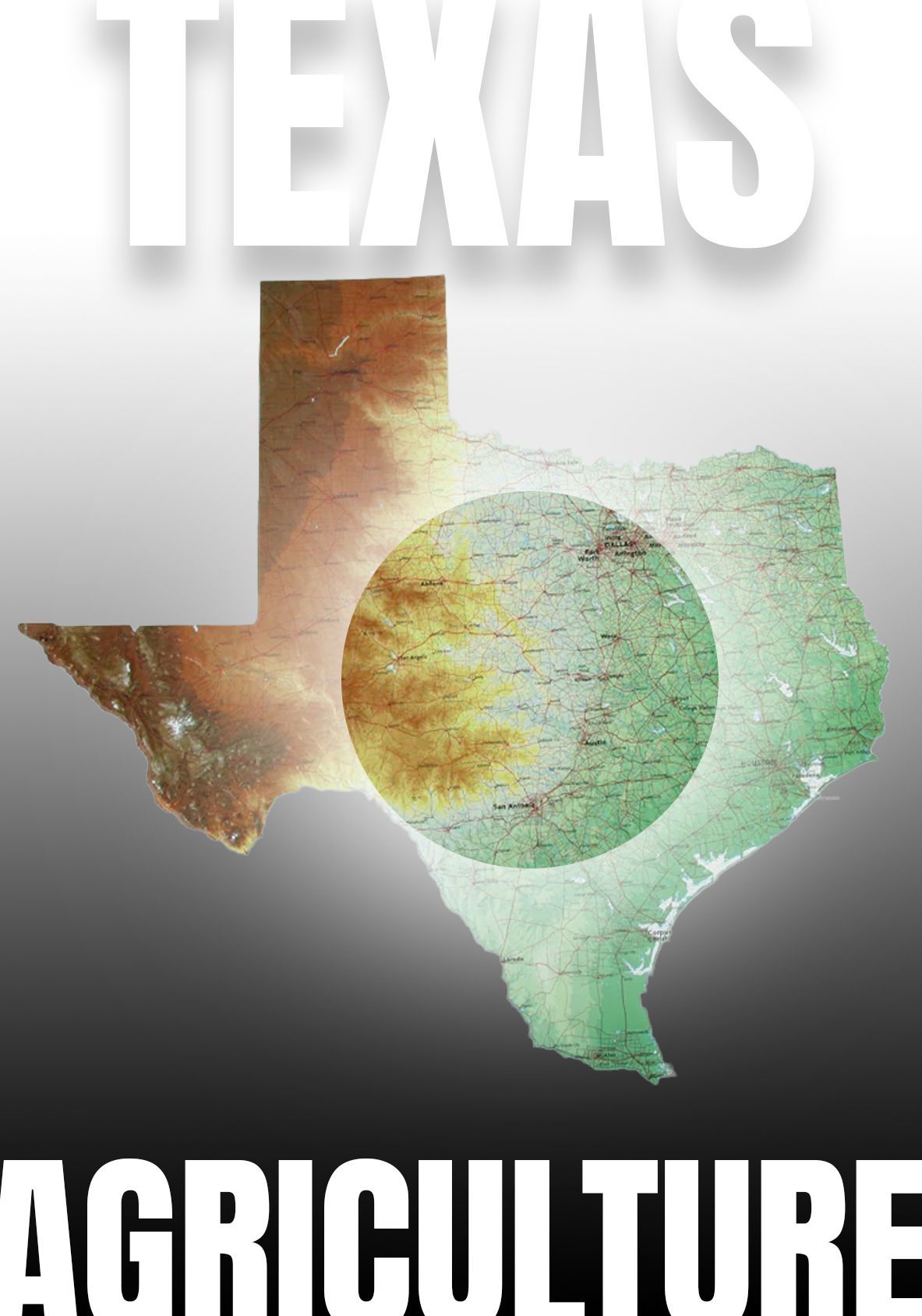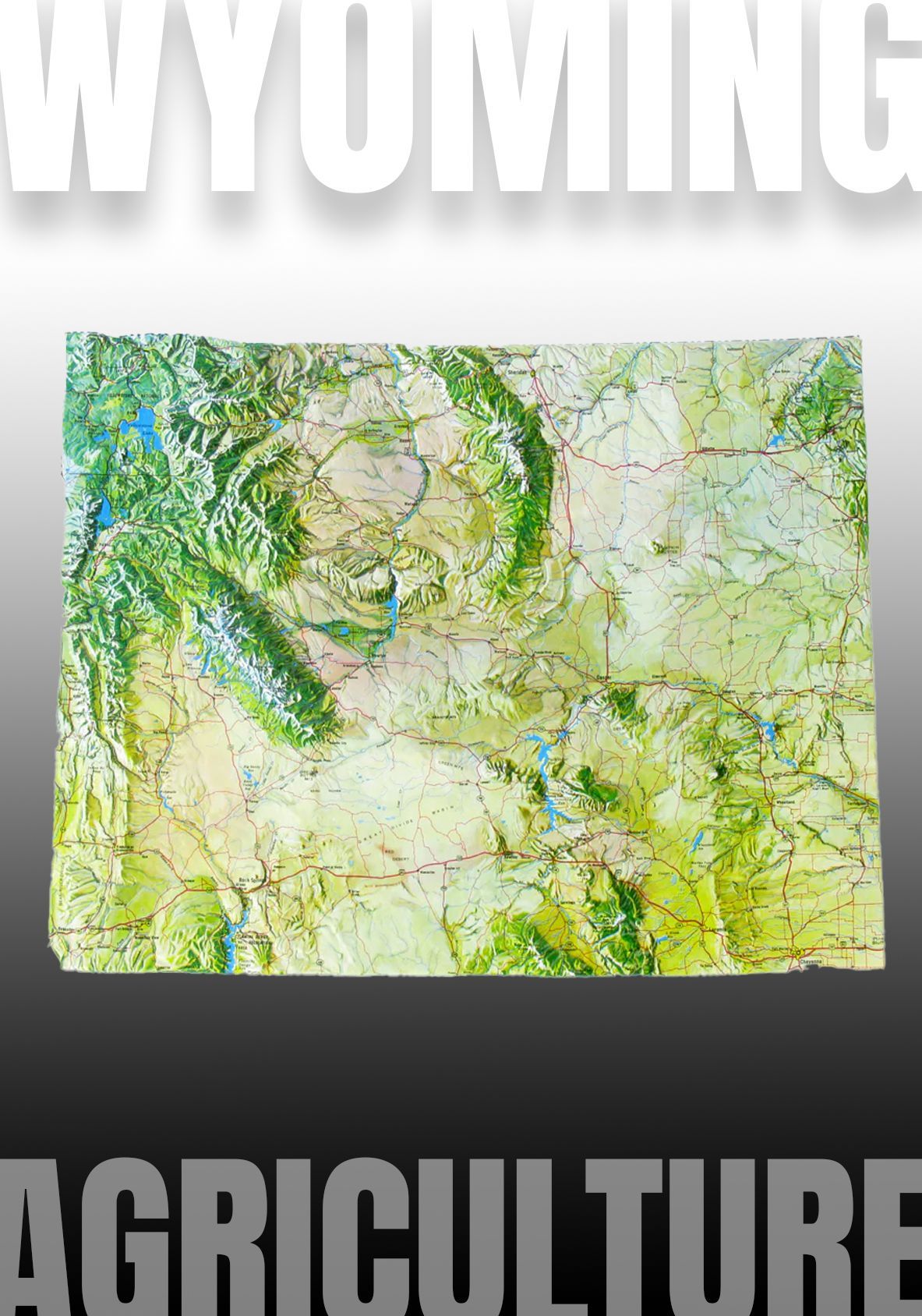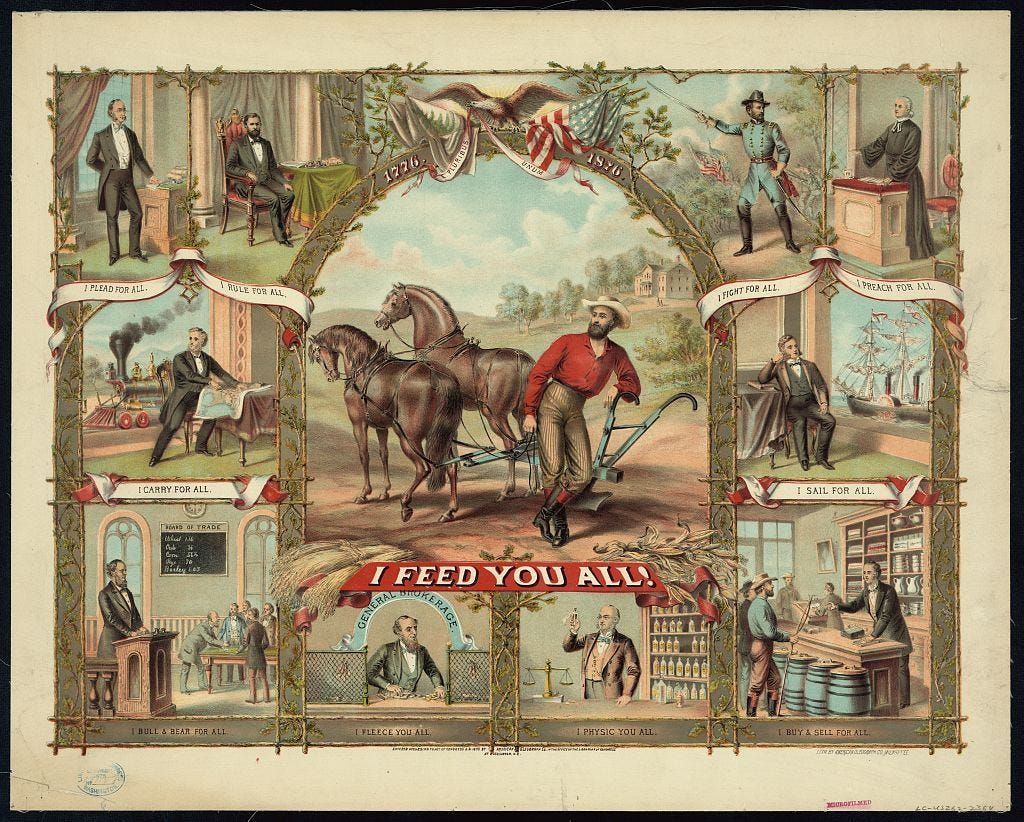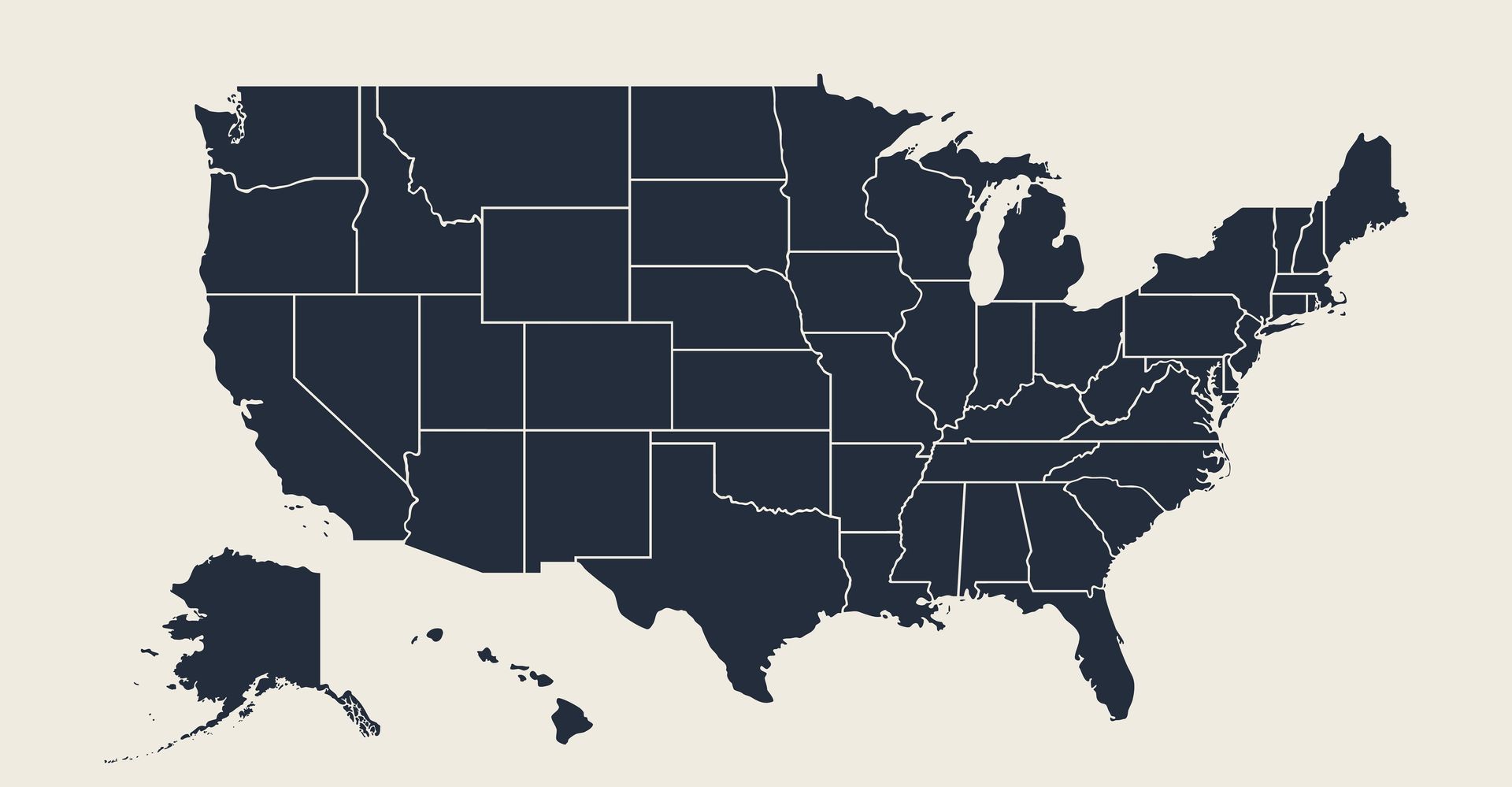UNDERSTANDING RURAL AMERICA: Exploring the Tapestry of Rural America: Insights from the book, The Routledge History of Rural America.
UNDERSTANDING RURAL AMERICA: Exploring the Tapestry of Rural America: Insights from the book, The Routledge History of Rural America.
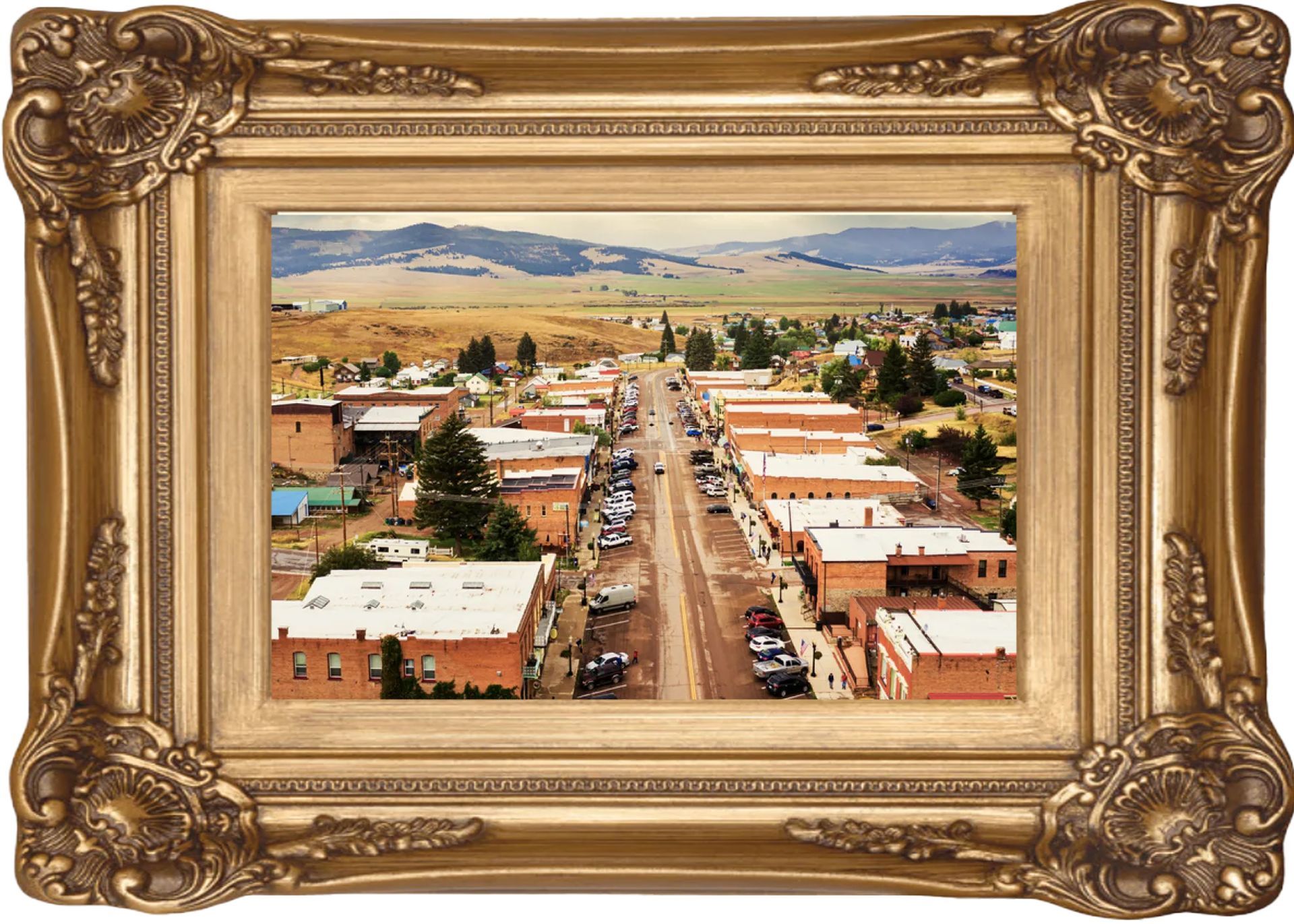
The Routledge History of Rural America stands out as the premier book on rural America because it offers an authoritative, comprehensive, and multidisciplinary exploration of the nation’s rural past and present. Edited by leading historians, the volume brings together a wide range of scholarly perspectives to cover diverse themes such as settlement patterns, agriculture, race and ethnicity, economic transformation, social structures, and environmental change. Its expansive scope, balanced analysis, and inclusion of previously underrepresented voices make it an essential resource for understanding the complexities and richness of rural American life, setting a new standard for scholarship in the field.
Rural America is often seen through a narrow lens, focusing on agricultural practices, small-town life, and idyllic landscapes. However, "The Routledge History of Rural America" weaves a complex narrative that highlights the multifaceted history of rural communities across the United States. This blog post will explore key themes from the book, shedding light on the cultural, economic, and social aspects that define rural America.
1. The Historical Context of Rural Life
The history of rural America is deeply intertwined with the nation’s development. From indigenous populations and colonial settlements to the expansion of agriculture in the 19th century, each era brought unique challenges and opportunities. The book discusses how these historical events shaped the identity and evolution of rural communities.
2. Economic Transformations
Agriculture has long been the backbone of rural America, but economic transformations over the years have led to significant shifts. The book examines the impact of mechanization, the rise of agribusiness, and changes in crop production on rural economies. It also highlights how these shifts have affected the demographic landscape, leading to urban migration and population decline in some areas.
3. Cultural Richness and Diversity
Rural America is not monolithic; it encompasses a rich tapestry of cultures and traditions. The Routledge History delves into the contributions of various ethnic groups, including Native Americans, African Americans, and immigrant communities. These diverse narratives provide a more nuanced understanding of rural life and its cultural expressions.
4. Social Structures and Community Life
The fabric of rural communities is woven through social connections, family bonds, and community institutions. The book explores how social structures have evolved, including the role of religion, civic organizations, and the impact of modern technology on community engagement.
5. Environmental Considerations
Environmental challenges, such as land use changes, climate change, and conservation efforts, are critical topics in rural America. The Routledge History addresses how rural communities confront these challenges, balancing economic interests with environmental sustainability.
The Routledge History of Rural America offers a comprehensive perspective on the complexities of rural life in the United States. By understanding the historical, economic, cultural, and social dimensions, we can appreciate the richness of rural America and its significant role in the broader narrative of the nation.
For those intrigued by the history and dynamics of rural America, diving into this book is a must. It invites readers to reflect on the past while considering the future of rural communities in an ever changing world.

